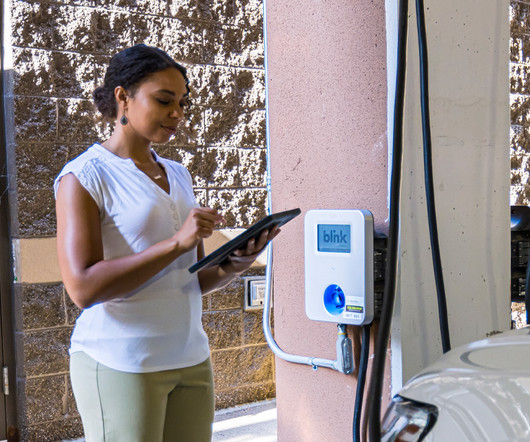Univ of Toronto study details impacts of interaction between driving patterns and electricity generation for WTW energy use and GHG emissions for PHEVs
Green Car Congress
MAY 23, 2012
WTW GHG emissions of vehicles across driving patterns and PHEV charging scenarios. coal, hydro, natural gas) on well-to-wheel (WTW) energy use and greenhouse gas (GHG) emissions of plug-in hybrid electric vehicles (PHEVs). Driving patterns affect the WTW performance of PHEVs in two ways, they found. Click to enlarge.








































Let's personalize your content